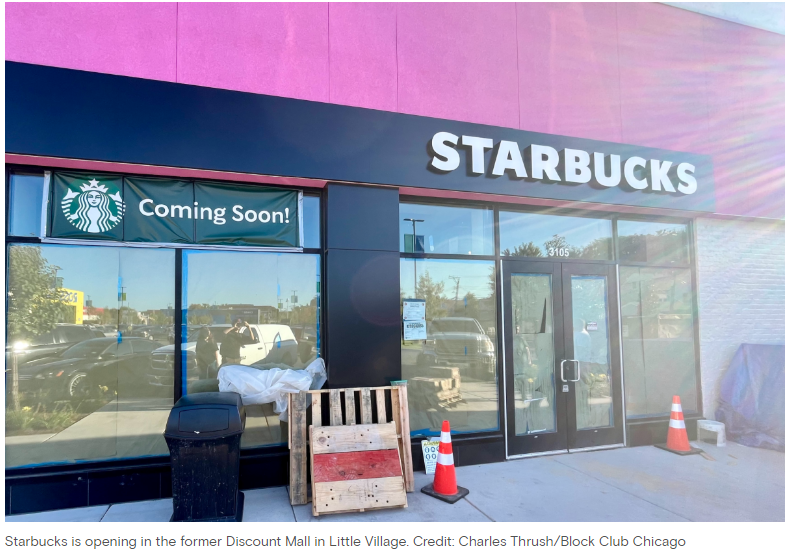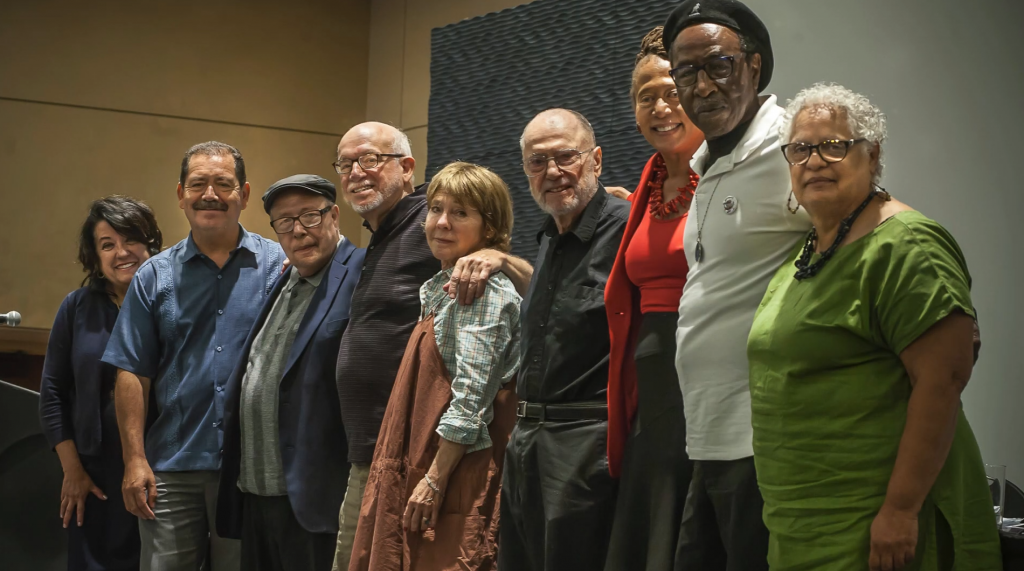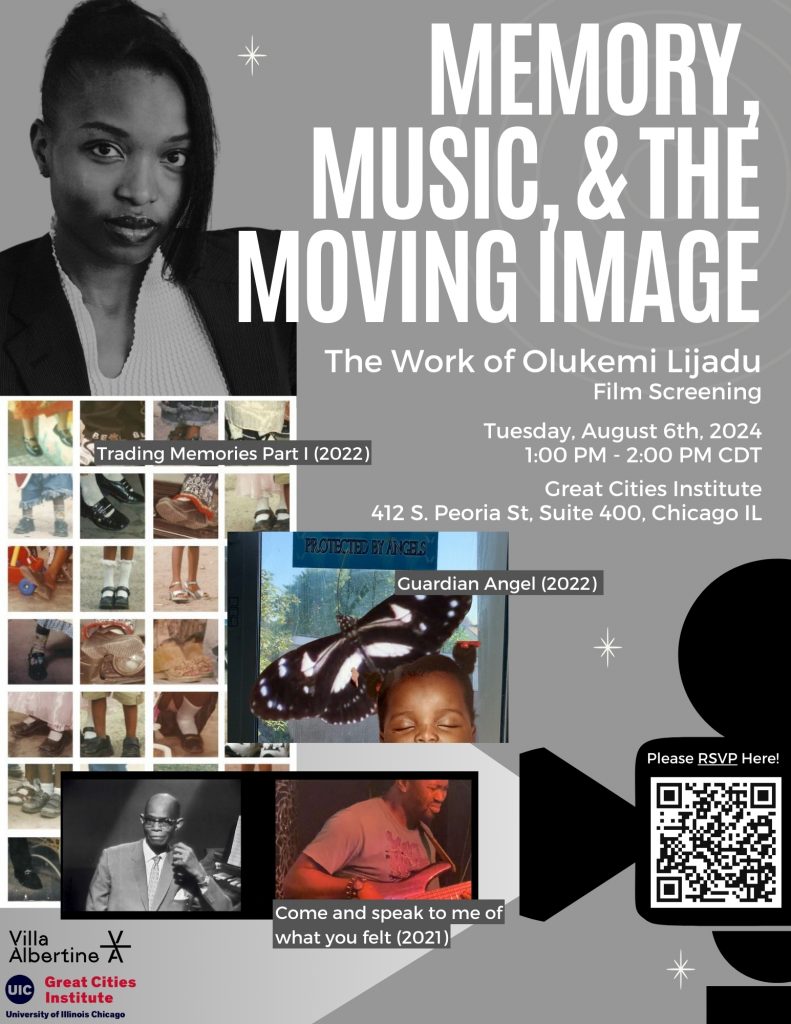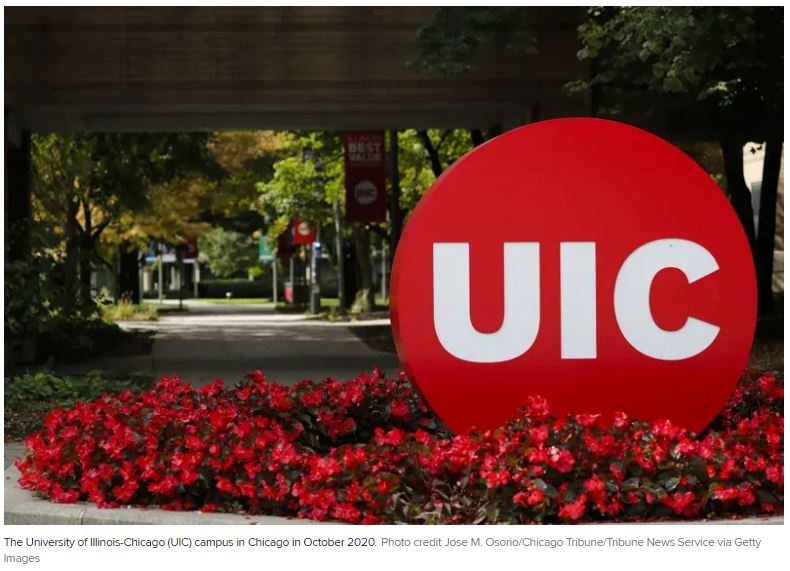
Report on Mexicans in Chicagoland Released on 70th Anniversary of Operation Wetback in Chicago
On September 16, 1954, the Immigration and Naturalization Service (INS) unleashed its terror on Chicago’s Near West Side Mexicans as they prepared to celebrate Mexican Independence Day with parades and bailes. Those detained were thrown in Cook County Jail for 2 days and then deported. The immigration sweep continued for the next several months until 20,000 to 40,000 were deported from Chicago.
This is just one of the many things we learn in a report released today, September 16, 2024, at the National Museum of Mexican Art. Latinos Progresando, Mujeres Latinas en Acción, Greater Southwest Development Corporation, Casa Norte, Erie House, and the National Museum of Mexican Art commissioned the Latino Research Initiative of the Great Cities Institute to produce a report that provides research to illuminate the conditions and contributions of Mexicans in Chicagoland. The report, Fuerza Mexicana: The Past, Present and Power of Mexicans in Chicagoland, is an 88-page report with several significant findings and policy recommendations.
Among the many jewels in this report is the opening statement in its “Summary of Findings” section:
The rapid growth of Chicago’s Mexican population has been a remarkable bright spot in this city for the past 50 years, at first as a counterpoint to its post-industrial decline and population loss, then as an unheralded force of low-wage workers and business owners who quietly buttressed the city’s economic revival in the 21st century.
One might say that the Mexican population “saved” Chicago and contrary to the anti-immigrant rhetoric of yesteryear or today, have played and do play an extremely important role in the economic vibrancy of this highly important urban area.
Please join us on Tuesday morning at 8:30 a.m. at Latino Research Initiative Summit 2024, to hear more about the significance of this report from the Executive Directors that commissioned it in a panel moderated by Xóchitl Bada, UIC Latin American and Latino Studies Professor and faculty affiliate of GCI’s Latino Research Initiative. The keynote address of the Summit 2024 will be delivered by Juan González, who will speak to the significance of the Mexican presence in Chicagoland in a larger socio-political context.
We invite you to attend the whole summit, if you can. We will convene at 8:00 a.m. at Student Center East Illinois Room, 750 S. Halsted and adjourn at 2:00 p.m. for dessert and networking. You can see the full agenda here, where you can also RSVP.









